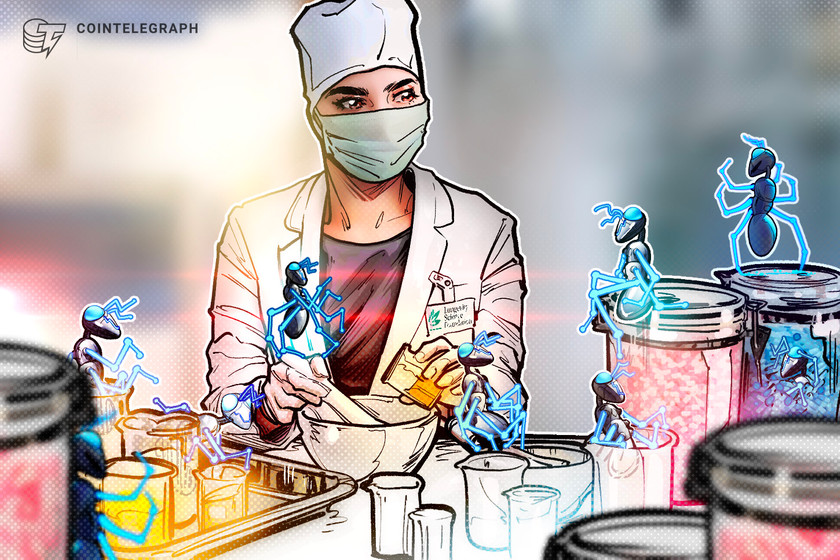Pharmacy visitors expect quick service – to have their prescription filled quickly, or over-the-counter remedy purchased in just a few minutes. In this rapid interaction, little thought goes to the journey of that medicine from a microscope slide to mass production.
In reality, the drug discovery process is incredibly time and research-intensive. Despite significant advancements in manufacturing and discovery, the average time to bring a drug from the initial stage to market is 10-15 years and costs millions of dollars.
Emerging technologies are transforming healthcare and drug discovery. Artificial intelligence, for example, is doing the “dirty work” of drug discovery by running simulations of drug efficacy instead of timely trial-and-error testing. Blockchain secures healthcare records and connects patients with new clinical trials. AR and VR tools help patients overcome phobias and fear during medical treatments. AI will help future drugs reach the market (some believe this can be cut down to just five years!), delivering life-changing results for illness sufferers worldwide.
The biggest obstacle to achieving these changes and this tech going mainstream? Us, the patients. We all need to understand the power and promise of these technologies and push for them – or, at least, not fear them.
Supporting AI and blockchain in the healthcare sector
There’s a popular image going around on social media that reads, “AI will not replace jobs. People using AI will replace people’s jobs.” With its easy-to-use interface, ChatGPT is showing people how AI might look in our day-to-day lives. One thing you probably can’t ask the chatbot for? A new compound for a pill to cure deadly diseases. And that’s good because AI applications in medicine should be managed by professionals.
These professionals have known about the power of AI for years, working behind the scenes to develop real use cases. Insilico Medicine brought its knowledge into the spotlight when it announced its “sixth-generation” robotics laboratory in early January. Sixth-gen status means the lab is fully automated, with robotics and AI algorithms conducting target discovery, compound screening, precision medicine development, and translational research.
You may be wondering, what does fully automated mean for the scientists previously doing these jobs at Insilico? It’s just as the image I mentioned earlier suggests: by integrating technology and speeding up processes,…
Click Here to Read the Full Original Article at Cointelegraph.com News…
























